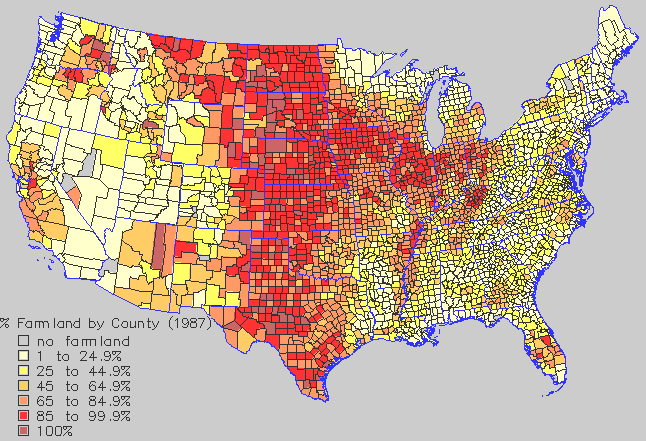The "people have more heart attacks when we change the clocks" thing is kind of true and kind of not true.
The study is legitimate and shows that there is a 24% increase in heart attacks on the Monday after we lose and hour of sleep, and a 21% decrease on the Monday after we gain an hour of sleep. But if you look at the weekly data, you wind up with the same number of heart attacks throughout the week in either scenario as you would in any other week. With the big increase on Monday, you see fewer heart attacks throughout the rest of the week; and with the big decrease on Monday, you see more heart attacks throughout the rest of the week to even things out. It's almost like the people that were going to have a heart attack on Tuesday or Wednesday get tipped over the edge a little earlier due to losing the hour of sleep, whereas the people that were going to have one on Monday delay it by a few days when they get the extra hour of sleep.
You can google a guy named Matt Parker if you are interested in reading more about it.
The study is legitimate and shows that there is a 24% increase in heart attacks on the Monday after we lose and hour of sleep, and a 21% decrease on the Monday after we gain an hour of sleep. But if you look at the weekly data, you wind up with the same number of heart attacks throughout the week in either scenario as you would in any other week. With the big increase on Monday, you see fewer heart attacks throughout the rest of the week; and with the big decrease on Monday, you see more heart attacks throughout the rest of the week to even things out. It's almost like the people that were going to have a heart attack on Tuesday or Wednesday get tipped over the edge a little earlier due to losing the hour of sleep, whereas the people that were going to have one on Monday delay it by a few days when they get the extra hour of sleep.
You can google a guy named Matt Parker if you are interested in reading more about it.


